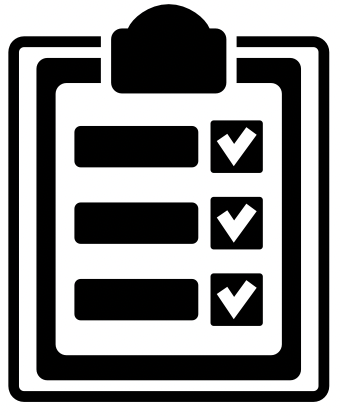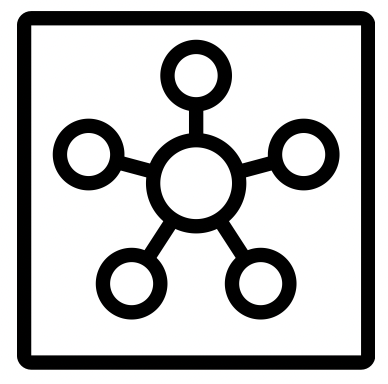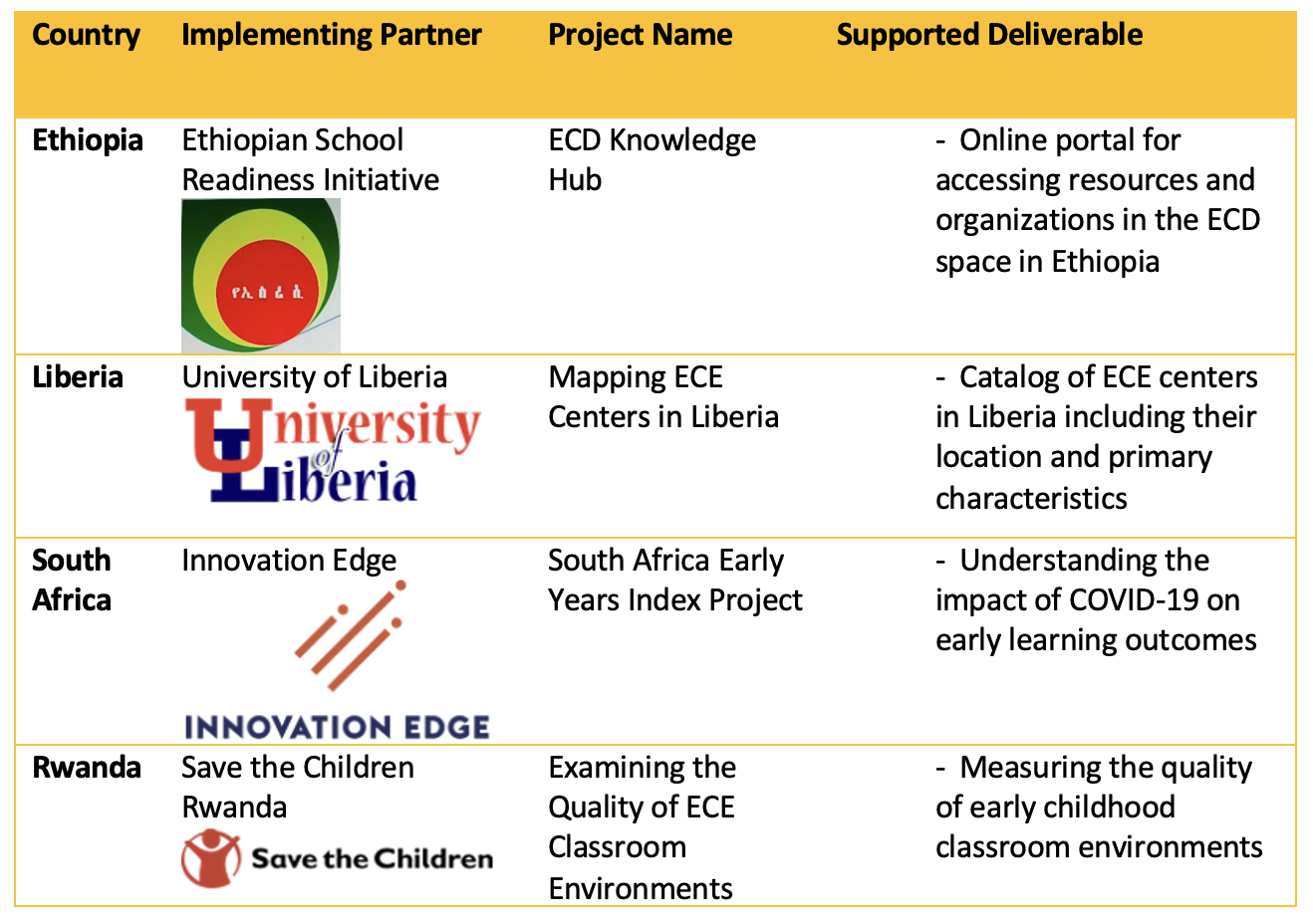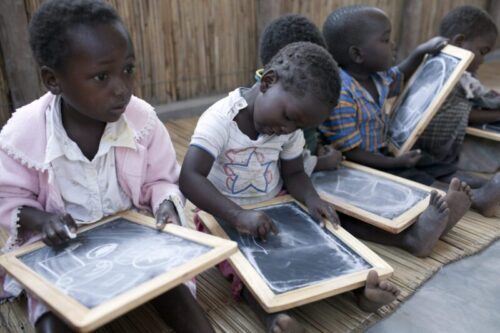Together for Early Childhood Evidence: Consortium on Pre-Primary Data and Measurement in Africa began in 2018 as an initiative to bring together government officials, researchers and other stakeholders interested in pre-primary data and measurement in Africa. Together for Early Childhood Evidence is convened by ECD Measure at the University of Nebraska Medical Center (UNMC), College of Public Health, with funding from The United States Agency for International Development (USAID) and partnership from The Research Technical Assistance Center (RTAC).
The Together for Early Childhood Evidence initiative began in 2018 with a small group of country teams across Africa: Ethiopia, Liberia, Rwanda, and South Africa. Over the past three years, we have supported government, academia, and civil society stakeholders in the four countries in identifying their needs related to early childhood education (ECE) data and measurement, drawing on global and regional expertise to address them. Starting this year, we are excited to announce the launch of research activities within each country to help inform programmatic and policy decisions facing early childhood education. Below, we describe the four research activities and how they will contribute to the global evidence base on measurement in early childhood education.

South Africa Early Years Index
South Africa’s ECE landscape is characterized by a variety of players, including many private and unregistered service providers. The goal of Innovation Edge and the Department of Basic Education’s (DBE) groundbreaking Early Years Index is to better understand early childhood education (ECE) quality in different types of programs (including center and non-center based). The project involves two data collection exercises. A study at this scale has never been done in the country, and the intention is to update the forthcoming South Africa Early Years Index (SAEYI) every 3-5 years to monitor trends over time. The first survey will audit a sample of ECD programs across the country, conducting site visits, classroom observations, and interviews with principals and practitioners at each site. Together for Early Childhood Evidence research funds will be used to expand the 2021 audit and provide additional resources to conduct the study during COVID-19. This includes the addition of a COVID-19 survey to the audit to help paint a clearer picture of how the pandemic has affected ECD programs and their staff. Data will be used to support efforts to ensure that more children receive nurturing care and services to promote optimal early childhood outcomes. The second data collection exercise is an assessment of children’s developmental, learning, and psychosocial wellbeing outcomes using the Early Learning Outcomes Measure (ELOM). To date, there is no nationally representative data on preschool child outcomes so this study will provide much needed information to guide ECE policy in South Africa. Overall, the project contributes to a sustainable, and government-driven strategy to support regular monitoring of early learning quality in South Africa. Data will be collected this year with results expected in early 2022. This work is co-sponsored by USAID and First National Bank (FNB).

Examining the Quality of ECE Classroom Environments in Rwanda
In Rwanda, Save the Children Rwanda is using the International Development and Early Learning Assessment (IDELA) to study student learning outcomes across the country. As IDELA focuses on student learning, project funds will support the addition of an IDELA Classroom Environment Tool, which focuses on evaluating classroom resources, literacy and numeracy instruction, and teacher-student interactions. We will support the implementation of a classroom observation tool to measure quality and build the capacity of government officials to monitor classroom quality. This study addresses a significant evidence gap in Rwanda around the status of classroom quality. The project prioritizes data feedback loops by involving local officials who will collect, and eventually utilize, classroom-level data to improve the quality of ECE programming in Rwanda. The project has already begun training and data collection, and expects to be finished by the end of 2021.

Establishing an ECD Knowledge Hub in Ethiopia
The early childhood sector in Ethiopia has many organizations using various resources, trainings, and curricula, and there is no easily accessible way for different providers and practitioners to share tools and best practices. The Ethiopia team has identified inaccessible and fragmented data as a core challenge in Ethiopia, and is working directly with the Ethiopian School Readiness Initiative (ESRI) to create a repository for ECE and ECD data and resources. Together with ESRI, we will consult with local ECE and ECD stakeholders to compile existing resources and data to create a knowledge hub for good practice in early childhood education development. The project will create an online platform for collaboration and learning for early childhood stakeholders in Ethiopia, and expects to complete by the middle of 2022.

Mapping ECE Centers in Liberia
Like the other countries we are working with, Liberia’s ECE and ECD sector is also composed of a diverse array of providers. To date, there is no comprehensive mapping of all the providers in the country, and we are working with the University of Liberia and the Liberia Ministry of Education to create the first catalog of public, private, community, and faith-based ECD centers and schools in the country. The data collected from this mapping will help focus and manage resources and identify needs to improve quality early childhood education. The mapping will take place in three counties across three regions of the country and will include one rural and one urban district in each county. The project will map the location and programming characteristics, such as materials and use of curricula, of as many providers as possible within the scope of the study. At present, the mapping is expected to be completed by mid-2022.
Summary of projects and deliverables
Across all four of our current country projects, our overarching goal is to promote evidence-based decision-making for ECE, which in turn will lead to greater impact for ECE investments and higher-quality services for children and families. The table below shows the projects and deliverables we expect from the research activities.

We invite you to stay updated with our work by following ECD Measure’s Twitter (@ECDMeasure) and LinkedIn pages, and to sign up for ECD Measure’s newsletter for more updates on our work.
This blog was written by Anna Pettee and Jem Heinzel-Nelson and draws from the plans developed by the four country research teams.
Photo credit: “The Promise of Preschool in Africa,” Save the Children
